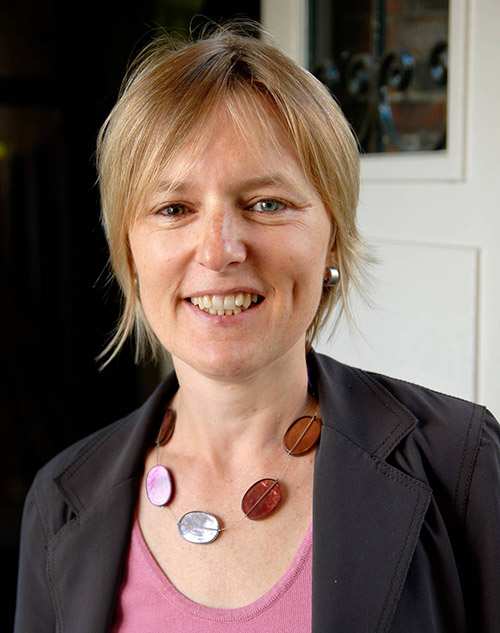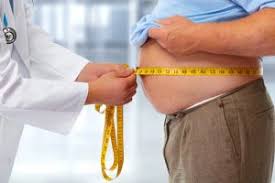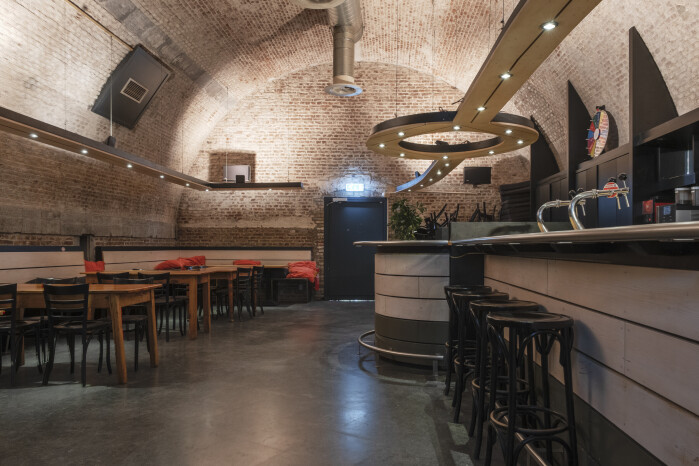"There are too few leaders within the EU"
The signing of the Maastricht Treaty marked the first step towards the establishment of the European Union (EU) as we know it today. Now, 25 years later, it is time to take stock. Has the EU lived up to expectations? Is it up to the task of addressing the problems of our time – the euro crisis, the refugee crisis, Brexit and rising anti-European populism, with Trump as just the latest variation on this theme? Has the ideal of an integrated Europe become obsolete? We asked a number of Maastricht professors for their views. Sophie Vanhoonacker, professor of Administrative Governance specialising in EU foreign and security policy, is deeply concerned.
“One of the treaty’s achievements was that, besides the euro, it marked the start of the development of a common foreign and security policy. Until then cooperation had been limited, but after the fall of the Berlin Wall it became a hot topic. The idea of a unified Europe brought with it a great deal of uncertainty. Since the end of the Second World War there had been a stable system with two blocs that balanced each other out: East and West, separated by the Iron Curtain. Then the curtain fell and the question was, will Eastern and Central Europe remain stable? Yugoslavia fell apart, civil war was raging. And so during the treaty negotiations, foreign and security policy was an important theme. I wrote my PhD on the topic. Also, even back then there was already uncertainty about NATO. Now that Europe was reunited and the Soviet threat had faded, would the USA continue to guarantee our security? For the first time in European history, steps were taken towards a common policy, led by France and Germany. A fledgling European diplomatic service emerged in Brussels and took off after the Lisbon Treaty of December 2009. Today there’s even a type of foreign minister, the post currently held by Federica Mogherini, and the EU has foreign missions in over 140 countries. These are all developments that followed on from the Maastricht Treaty.”

Sophie Vanhoonacker (1962) is professor of Administrative Governance and holder of the Jean Monnet chair. She has also been dean of the Faculty of Arts and Social Sciences since January 2016. Her research focuses on EU foreign and security policy.
But can the EU really mean something in terms of security?
“The EU has certainly taken steps, but there are important gaps. Questions of security and defence have really been left to NATO. In that sense it is a bit of a hangover after 25 years. We’ve had a quarter of a century to come to terms with the end of the Cold War and waning interest from the US, but still we’ve continued to lean heavily on America.”
So Trump would be right to contribute less to NATO?
“I think we do have a responsibility there, although it has to be said the Americans have always been ambiguous about it. One the one hand, they’re constantly saying Europe needs to do more about security. But when the EU started working on a joint foreign and security policy, the US wanted it to be incorporated into the European pillar of NATO. In the early 1990s, when the treaty was being drawn up, the elder Bush wanted to keep a finger in the pie – for him NATO was an instrument of influence and power in Europe. And that was fortuitous for Europe, because we wanted to cash in on that peace dividend and avoid spending too much on defence. If the Americans wanted to pay 70% of the NATO budget, why would we lose sleep over that? So both sides are guilty. Europe is aware security policy is an issue, but hasn’t taken much action. Now we’re investing 200 billion in defence, which is a lot of money, but it’s far too fragmented. Genuine cooperation is hard to come by because there are major industrial interests at play, and those arms industries are sitting on a lot of money and jobs. There are initiatives – the European Defence Agency is one of the bodies trying to promote cooperation – but we’re all still very much doing our own thing.”
When Europe is left on its own, we see how disunited it really is …
“Yes, that’s a problem. And that was the advantage of having the Americans on board. They were the dominant country because they covered most of the NATO budget; they pulled the strings, managed to keep everyone at the table. The three main European players, Germany, France and Britain, were never able to agree on security policy. France and Germany wanted to do more within the EU, whereas the Brits wanted it to fall under NATO. At least Brexit means they won’t be putting the brakes on the EU anymore, so that may actually boost cooperation.”
Is it a good thing the EU is now being shaken up?
“It creates opportunities. The question is, are we going to seize those opportunities or fall into disarray? It’s a toss-up. It would be dramatic if Europe were to end up divided. Take the Netherlands – what are we going to do when it comes to security? We have no other choice than international cooperation. So far NATO has worked well, but if that were to change, it would be logical to organise security under the umbrella of the EU. This is something a smaller group of countries, led by France and Germany, are already talking about. The idea of a ‘two-speed Europe’ has become very topical, but naturally the Baltic States aren’t keen to be left behind now a kind of mini Cold War is looming. There are still NATO forces there, but then what? Europe often makes progress in times of crisis; but without France or Germany, nothing gets done. The elections there are bad timing, because Europe needs an impetus right now and won’t get it in the coming months.”
Is there a better way of structuring Europe?
The EU has come a long way; it’s somewhere between an international organisation and a nation state. What sets it apart from other international organisations is that, in addition to the European Council where member states lobby for their own interests, you also have the European Commission that promotes European interests. Most international organisations don’t have that; they’re usually purely intergovernmental. And the EU, uniquely, has a court for enforcing agreements. Even if we were to let the EU dissolve, the member states would still need to work together to guarantee their security. Think of climate change: the global accords came about thanks to an intergovernmental structure, but the downside is you now have to wait and see whether those agreements are respected.”
So the EU is fine as it is?
“If you want to achieve something, you need leaders and institutions. Today there are too few leaders within the EU. Merkel takes her share of the responsibility, to be fair. But the institutions are important too and have been in place, have been continually improved, since the 1950s. Not everything works perfectly, but there is an institutional structure that underpins the whole.”
Still, the populists are suggesting the EU has had its day; the new adage seems to be ‘every country for itself’.
“The problem with that is you might win in the short term, but you’ll lose in the long term. Europe has prospered over the last half century, but other parts of the world are on the rise and wanting a slice of the pie. In that sense this is a historic moment. The foundations are shifting beneath us, with different power relations emerging and the world trying to adjust. That creates tension, which is why it’s crucial for Europe to think about how it wants to position itself. If we want to count, we need to work together. Otherwise we’re nothing. After the fall of the Wall things were fairly stable; the EU was able to expand and America was still the policeman. It all actually went very smoothly, but now that appears to have been a transition period. The world that emerged in 1989 had to restructure itself. First there was the idea that you could work with the Russians in a kind of ‘house of Europe’. There was hope. But now you see Russia becoming more assertive in Europe, a mini Cold War smouldering, China on the rise. The constellations are shifting and that always brings with it a period of instability.”
And then there’s Trump at the helm in America …
“I’m very worried. US policy has long been focused on a stable Europe, and they were prepared to put their money where their mouth was. After all, we have a common interest: we represent the West and we’re stronger together, especially with Japan on our side. Now you see a president cheering for Brexit and undermining NATO; no post-war government has ever dared to go there. I find it hugely disturbing. That’s why, besides the leaders, the institutions are also very important.”
Photo homepage: © European Union 2012 - European Parliament (CC BY-NC-ND 2.0)
Also read
-
As a toddler, Pieter du Plessis couldn’t stay away from the kitchen. He later entertained the idea of becoming a chef—until his dream faltered under the harsh light of reality. Now a PhD candidate at Maastricht University, he uses national dishes as a lens to examine South Africa’s past and identity...
-
A study conducted by the Easo led by Prof. Gijs Goossens of Maastricht UMC+ and Dr. Luca Busetto published today in Nature Medicine.
-
Maastricht University takes care of many distinctive buildings and art works that we all know. By giving them a new purpose, we preserve these icons and give them a new meaning, making them the vibrant heart of a bustling city.
Did you know that these buildings and art works also provide access to...


